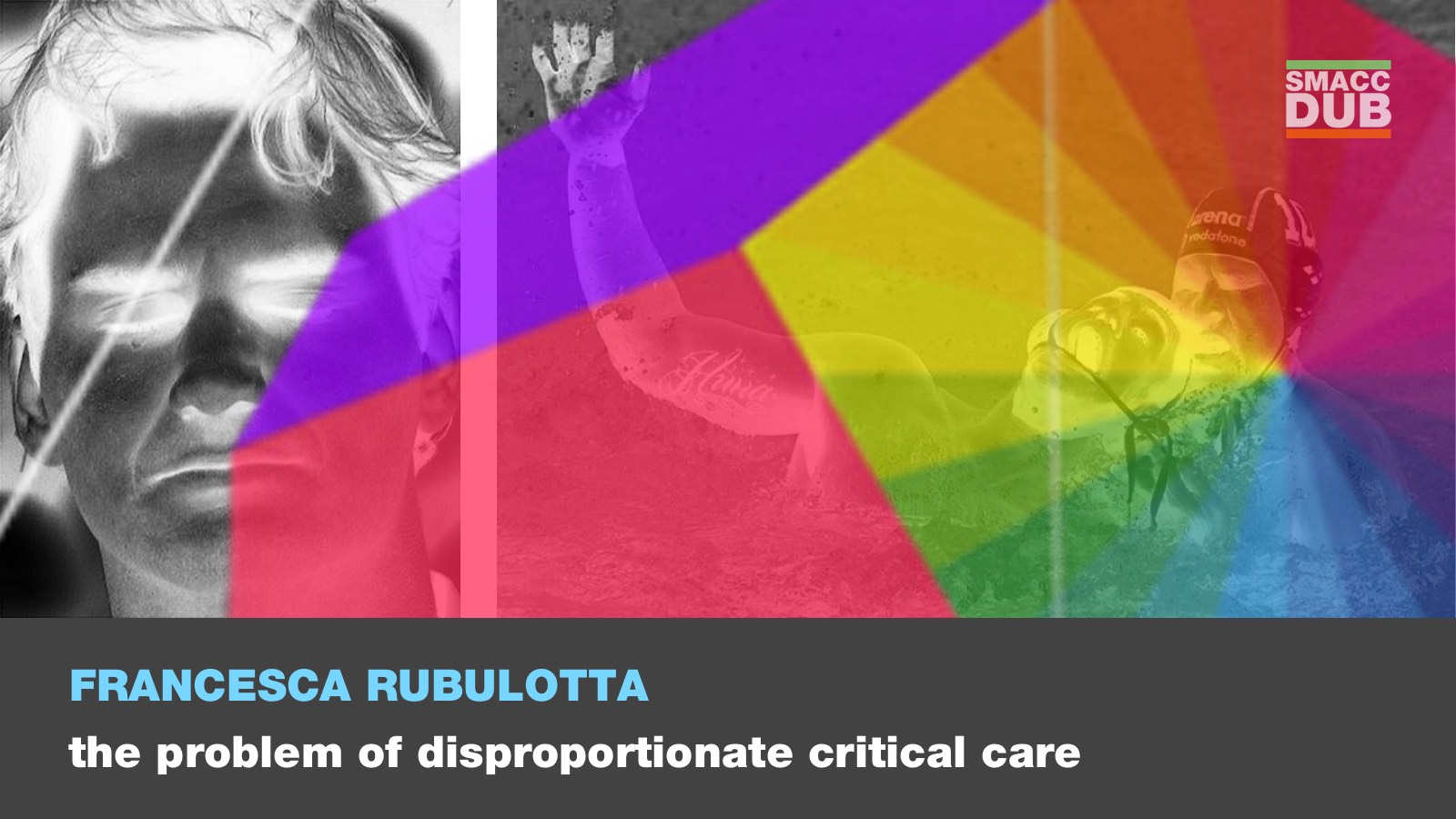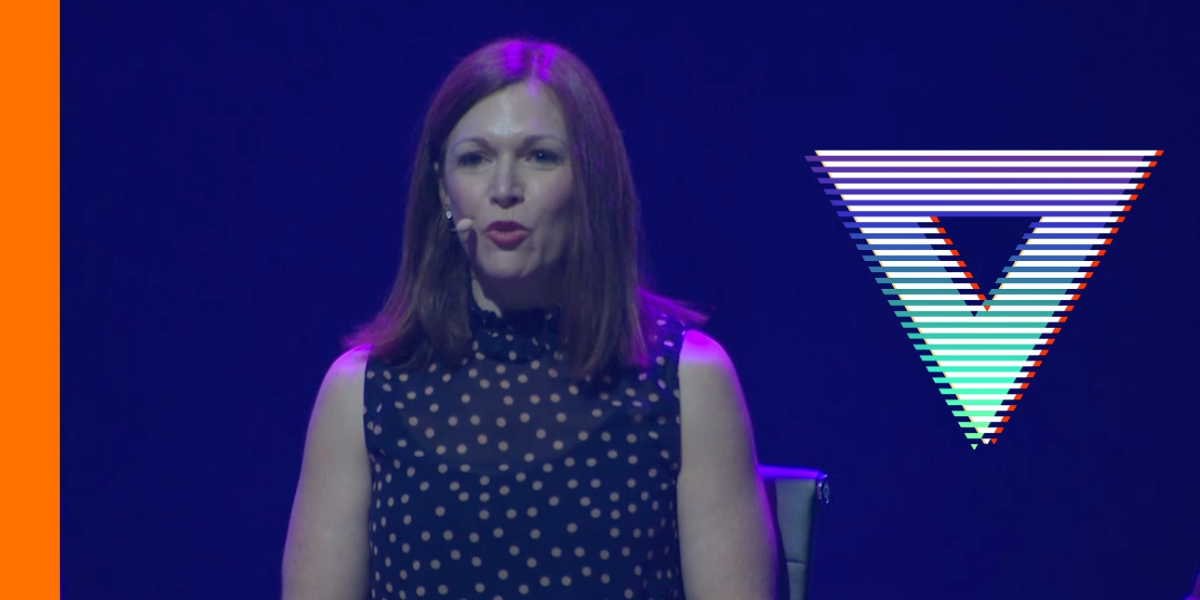Liz Crowe delves into the deeper issues surrounding critical care and religion. She explores how religion influences patients and their families, why doctors can push against faith, and how the healthcare community can integrate an acceptance of faith into their care.
The ultimate goal in working with any patient and their family is connection. This guarantees respect, integrity and ensures all communication is understood and goals are worked on together to optimise health outcomes. Connection is also a protective factor for patients and staff as it builds resilience and wellbeing. Health professionals are often uncomfortable or annoyed if people of faith want to integrate their beliefs and hopes into medical conversations and outcomes.
Health professionals may perceive faith or religion as a threat or oppositional to science and the reality of the situation. Ideally faith may be an additional resource for health professionals to use with patients and their families in times of crisis, uncertainty, and end of life care. There is a strong connection between faith and hope. Prayer and crisis-orientated faith are commonplace in critical care medicine even for people who have been ambivalent or non-believers of faith in the past.
Challenging a person’s faith or belief in times of crisis may result in a severing of the therapeutic alliance or relationship which will have the opposite effect to what the health professional may desire. People who ‘refuse’ to believe a diagnosis or prognosis in the hope of a miracle or divine intervention are vulnerable. To enter a dispute with religion is disrespectful, futile, and unhelpful. To learn more about someone’s beliefs and join in a genuine hope for a ‘miracle’ shows compassion, understanding and respect.
Nobody wants to suffer. Most of us are frightened by loss and illness. Inviting and sitting comfortably with faith and prayer while also gently holding their fears and preparing for the worst is a more powerful and honest way to work. Regardless of personal values and beliefs, hoping that others can receive comfort and peace from a sense of spirituality and faith is to remain human.
We aim never to fight with a higher being, rather invite the presence into the family room and join with the family in the desire that the family never feel alone or abandoned by either their faith or us as health professionals. Long after we may have forgotten the specifics and details of families, they will remember us. The health professional who can sit with someone, who can build health goals and care based on the beliefs of others, will be those who are most respected and valued.
For more like this, head to our podcast page. #CodaPodcast





